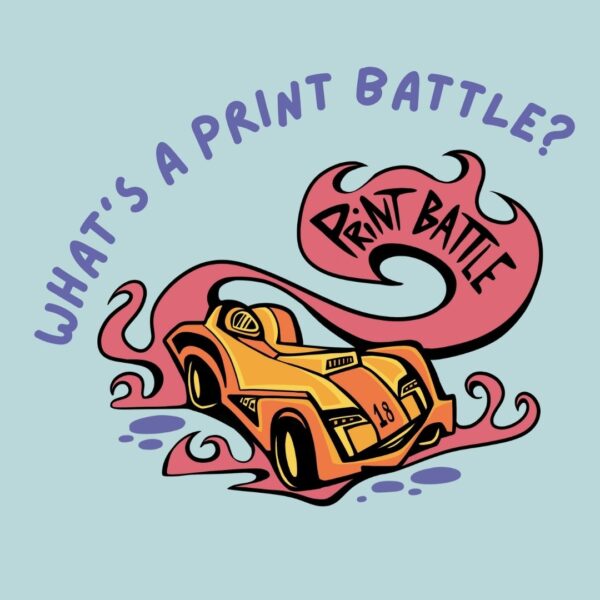Last week on the NPR blog Monkey See, there was an interesting article by Linda Holmes about a new study released from the National Endowment for the Arts. In this study enticingly entitled “Age and arts participation: A case against demographic destiny,†the NEA talks about the decline in what are called “cultural omnivores.†These omnivores participate in many arts events. They go to the ballet, opera, and classical music concerts, which the NEA actually refers to as “highbrow†events, with “high cultural status.†But these same folks also participate in “middle- or low-brow events.†Cultural omnivores like music and theatre, and they also comprise a large percentage of gallery attendees. This makes sense to me because the study argues that our omnivorousness correlates to age—the younger we are, the more likely to participate in all sorts of cultural events. From what I’ve seen, this appears to be true. It seems gallery events usually do skew young. But the study also says that our greatest population of cultural omnivores were born before 1955. We are now breeding fewer and fewer omnivores.
In my circle, which I’m inclined to think is a lot like your circle, being able to competently consume acr oss cultural status (high-, middle-, and low-brow) is the sign of well-integrated person, and dare I say it, a cool person. I mean, what good is being able to spend a contemplative half-hour with an Ellsworth Kelly if you can’t follow it with an evening on the sofa drinking beer and watching Total Recall on Blue-Ray? What concerns me is that this downward trend in omnivores is somehow reflective of our current state of American politics. Polarized red and blue.
oss cultural status (high-, middle-, and low-brow) is the sign of well-integrated person, and dare I say it, a cool person. I mean, what good is being able to spend a contemplative half-hour with an Ellsworth Kelly if you can’t follow it with an evening on the sofa drinking beer and watching Total Recall on Blue-Ray? What concerns me is that this downward trend in omnivores is somehow reflective of our current state of American politics. Polarized red and blue.
In the NPR article, Holmes has a more optimistic take on the whole thing. She thinks that perhaps we are still just as omnivorous, it only looks different in this digital age. We no longer need to leave the house to engage in such events; we can bring these events to us. What would that make us? Cultural Localvores? A good example of this is when BBC’s Radio 3 started its Beethoven series. Listeners brought the server to its knees downloading classical podcasts. Now who would have expected that? Haven’t we all read those articles about how classical music is dead?
This study causes me to ponder what exactly it means to be culturally literate, and if it even matters anymore. Do people actually think about which events have “high cultural status� The NEA study focuses a lot on what the decline of cultural omnivores means for arts funding, which is a bit dry unless arts funding is your thing. But the discussion of cultural omnivores that starts the study is fascinating.
- Rijksmuseum - June 18, 2014
- Book Review: Whitney Biennial 2014 - May 21, 2014
- Arts/Industry - April 16, 2014




